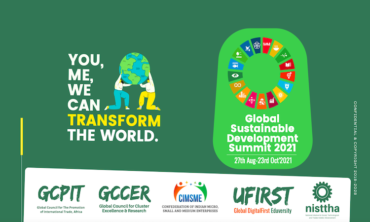
Contact
Jay Sharma
Former public interest lawyer and NGO head now providing consultancy services on strategy, management and communications to policy and decision-makers in Social Benefit organisations.
Specialisms: strategic planning, project ideation, stakeholder consultation, network development, collaboration and partnerships, communications, copy creation and editing, complex environments, training, change management, financing and fundraising, evaluation. Experienced in social change campaigns, full-cycle delivery of multi-national/international projects and tech integration.
Active interests: collaborations and networks (SDG17), links between CSR/ESG and the SDGs, innovation, Smart Cities/SDG11, technology, Nudge Theory (behavioural insights and choice architecture in public policy, governance and politics), alternative governance models, (Contested Space, Deliberative Democracy & New Localism, collaborative management of The Commons), the social impact of technology (Tech for Good, jugaad innovation and Social Dilemmas).
As head of the World Alliance on Breastfeeding Action (WABA), I undertook a major strategic review of World Breastfeeding Week, its flagship campaign that is the largest annual, global campaign on the issue. The campaign had started in 1992 and faced new global challenges. Following two years of consultation and planning, I aligned the WBW campaign to the Sustainable Development Goals adopting a long-term Theory of Change, with a 2030 target to “activate, aggregate and amplify” collective and collaborative actions.
My strategy has seen steady growth of the World Breastfeeding Week into upwards of 1.5mil annual participants, reaching over 35mil people in over 170 participating countries (2018). It has now been formally recognised by WHO, UNICEF, UN Women, the World Bank and other UN-level agencies. It also saw the formation of a new global partnership with high level support.
Alongside this, I also re-conceptualised the organisation’s campaign for better maternity leave and workplace facilities into an inclusive ‘parental leave’ campaign, (supported by the ILO, Women Deliver, He for She, et al) addressing the need to involve men and to widen the alliance base.
To augment the high-level advocacy, I introduced a small grants programme to pilot innovation. One such project was to support new mothers in Bangladesh who worked in garment factories. To provide accessible maternal and infant health services, we supported a local NGO to set up care and support facilities near their workplaces. This eased the childcare vs work dilemma of many low paid piece-rate women. It also provided employment opportunities for a range of people including child-carers. The model has gained support of several factory owners and their associations.


